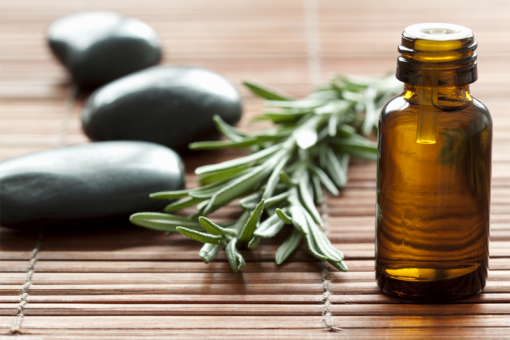The use of essential oils continues to be gain popularity. Many people are finding the use of essential oils and aromatherapy are beneficial to uplift their mood, increase depth of respiration and prevent symptoms of common colds. Individuals are becoming more conscious of the importance, even necessity, of using natural remedies for healing and quality of life.
As practitioners rendering health-care services, we must be aware of this trend and educate ourselves on the best way to use essential oils and aromatherapy in practice. Especially as TCM practitioners it is integral to understand essential oils and aromatherapy based on Chinese medicine.
Essential oils represent the jing, or the essence of plants, and have a long-drawn history in Chinese medicine. Because of the foundational nature of oils, these substances can reduce physical complaints while assisting in the individual’s mental and spiritual development. Essential oils have the power to assist the healing of a wide range of health disorders, either as a stand alone modality or as a supplement to acupuncture treatments. However, the most effective use comes with acupuncture sessions.
The application of essential oils in TCM can be based on several classification and formulation systems. These include the law of five elemental associations, Ying and Yang, TCM functions and channel affinity. Many essential oils have functions that coincide with acupuncture points – this is one of the reasons that applying essential oils to certain points is so clinically effective. For example, Lavender and Palmarosa both have an affinity to Pericardium 6 as the oils both calm the shen and open the chest. Another example is Roman Chamomile on Lv 8 to nourish the blood and Lv 13 to harmonize the spleen and stomach.
Lavender has a sweet and comforting aroma with a cooling effect on the nervous system. It is associated with the Lung, Liver, and Pericardium. Two of the primary functions of lavender is to promote the smooth flow of Liver Qi and have a calming effect on the Shen. Geranium also has a sweet and comforting aroma. Geranium has affinities to the the Heart, Lungs and Kidneys. Geranium, is often used to calm the mind, relax the nervous system, promote the sense of peace and grace - it is commonly used for the early stages of menopause and can be found in the Smooth Transitions blend from Meridian Biologix. Another common essential oils is Lemongrass, also know as the known as the “Tendinomuscular oil” and is often used in cases western diagnosis of Sciatica and Lower back pain with weak muscles.To gain a foundation of essential oil based on Chinese medicine and obtain 12 PDA’s click the button below.
If you are interested in learning more about essential oils within Chinese Medicine please visit: http://www.marcjgian.com/essential-oil-pda-webinars/

